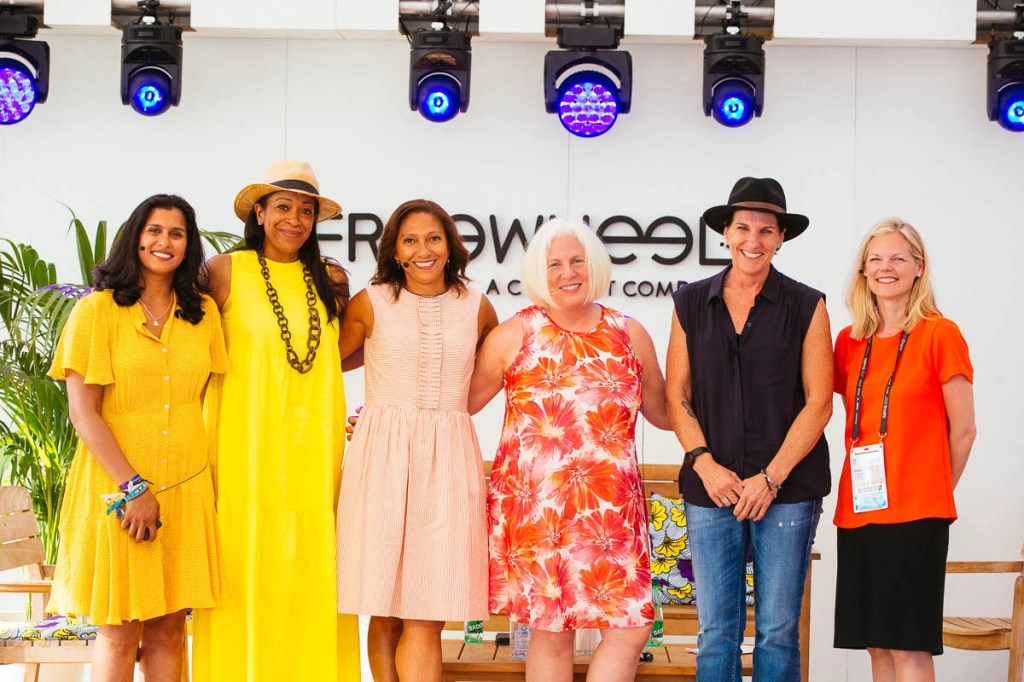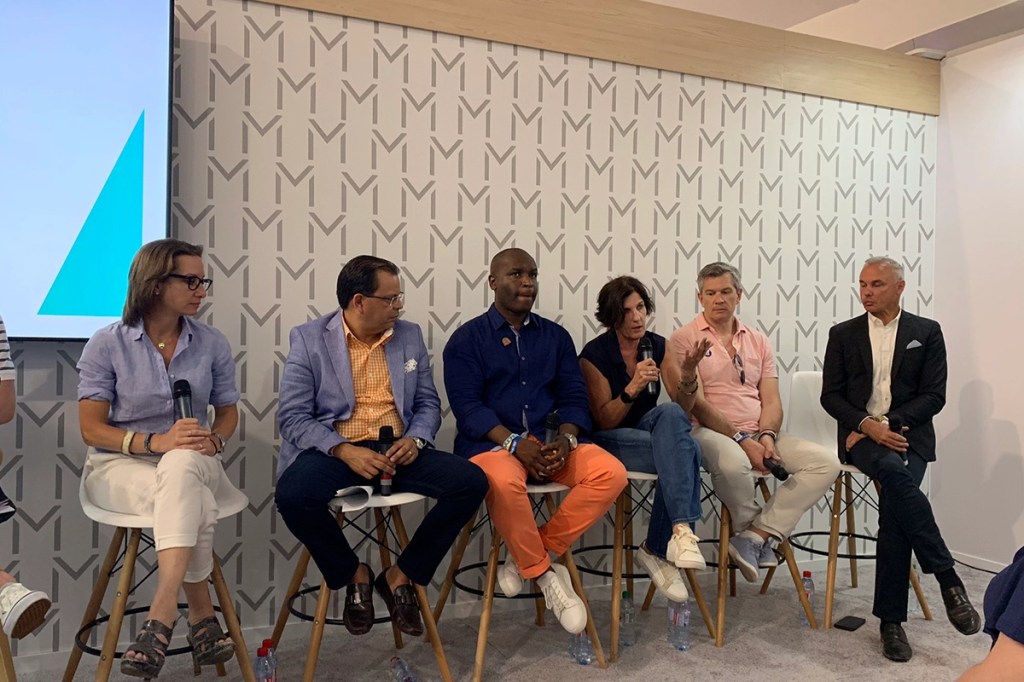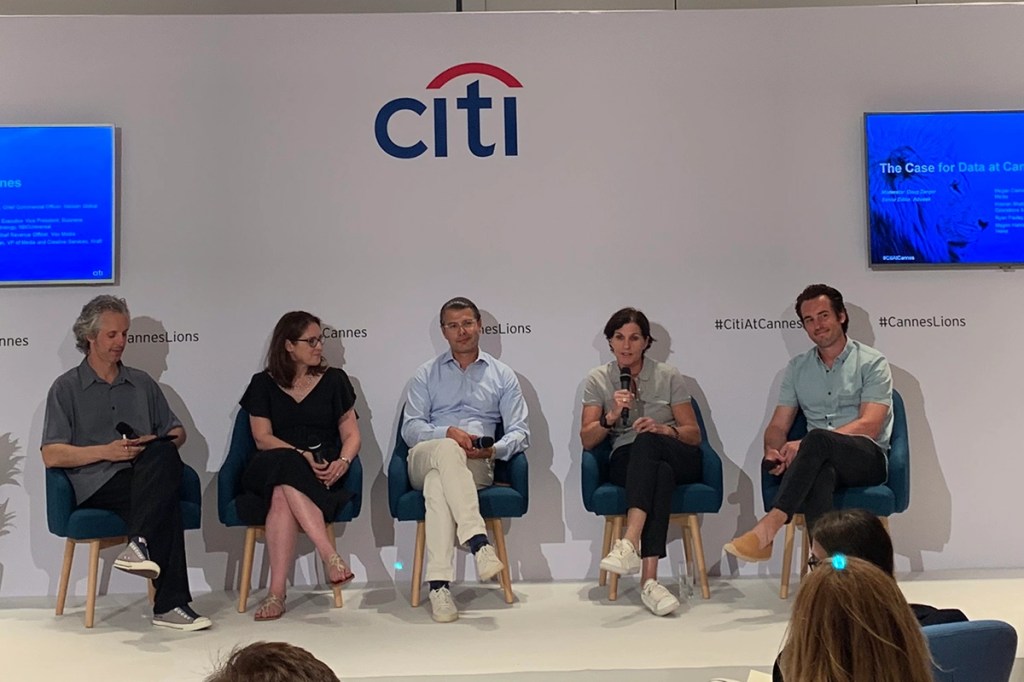The Cannes Lions International Festival of Creativity has always been a celebration of the ingenuity and boundary pushing of advertising. Today, however, the entire ad industry looks vastly different from the novel, but insular, “Mad Men” era when the awards were taking off in the 1950s. Since then, research has evolved from being an afterthought, and businesses now rely on technology to make “data-driven” decisions. The ad industry has also become more representative of women and multicultural audiences. So what does this evolution mean for brands looking to have effective, award-winning advertising?
Simply put, it means that yesterday’s approaches aren’t a fit today. Throughout the week, Megan Clarken, Chief Commercial Officer, Nielsen Global Media, spoke on various stages about how companies must not only accept, but lean into the ad industry’s embrace of data diversity to succeed. Sticking to the ways of the past is no longer an option.
The pivotal question, “What’s more important: data or creativity in advertising?” led the discussion during the “Data-Driven Creativity that Drives Results” panel. “Data is a science and art,” said Megan. “But before you can use it for creativity, you must be sure it’s right. You can make the most beautiful things when you have accurate data on your palette.”
Ultimately the panelists concluded that both data and creativity are essential ingredients that—when blended—can yield tremendous results that add brand value.
Over at FreeWheel beach, the conversation of who makes the big decisions in advertising took center stage. Megan joined the “Women Who Are Boss” session, which featured a slate of inspiring leaders who have disrupted old ways of thinking and reinvented their futures. As the discussion turned to the growing percentage of women in senior positions at companies, the group highlighted General Motors, which recently announced that women now outnumber men on its board of directors. Megan noted that these changes should be more about common sense than novelty news. “In reality, it shouldn’t even be a question—we shouldn’t even need to have this conversation because it’s common sense.”
Closing out the week, data was once again featured prominently during “The Case for Data at Cannes” panel, which explored topics how brands are navigating the ever-changing world of data, how brands are collecting data, and the importance of accurate, third-party data to help calibrate first-party data sets.
During this session, Megan explained the importance of bringing data from walled gardens out into the open so that marketers can get an accurate, deduplicated view of their campaign performance across platforms. She noted that brands that only use their own data to inform their decisions really can’t see beyond their own customer relationship management (CRM) tools. “Data needs to have a wider view beyond the walled gardens. It’s the only way to ensure accuracy.”



